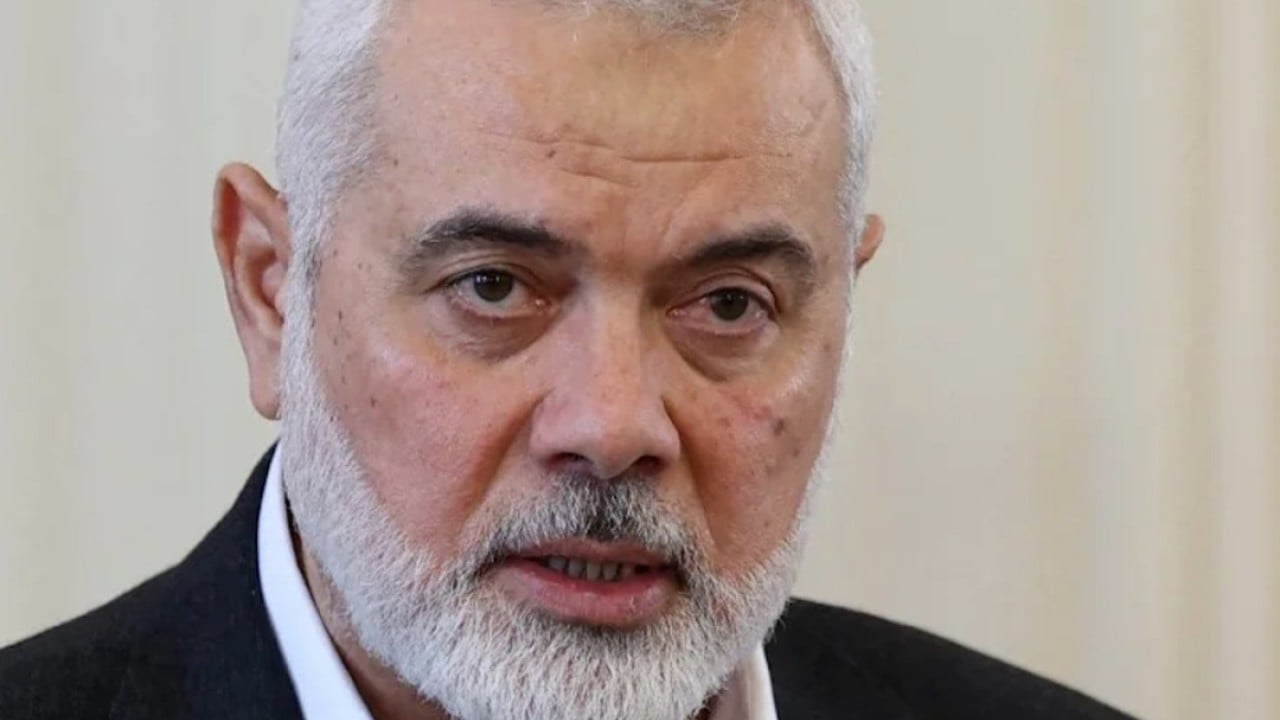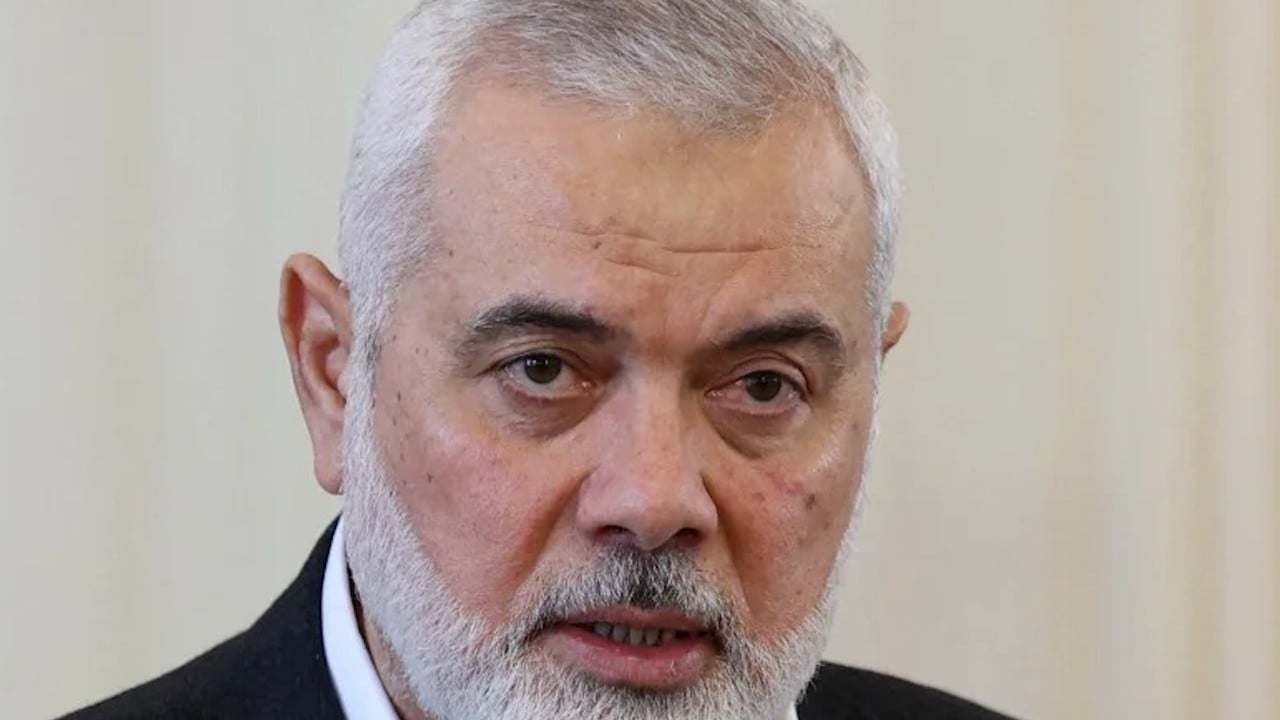Urgent calls for foreign nationals to leave Lebanon grew on Sunday with France warning of “a highly volatile” situation as Iran and its allies ready their response to high-profile killings blamed on Israel.
Lebanon’s Iran-backed Hezbollah movement, which has traded near-daily fire with Israeli forces since the Gaza war broke out in October, announced its fighters had fired a barrage of rockets at Israel’s north overnight.
The Israeli military said 30 projectiles were launched from Lebanon, with most of them intercepted.
With Israel on high alert anticipating major military action from Tehran-aligned armed groups including Hezbollah and Hamas, medical staff and police said two people were killed on Sunday in a stabbing attack in a Tel Aviv suburb.
The assailant, a Palestinian from the occupied West Bank, was “neutralised” by police and taken to hospital, where he was pronounced dead.
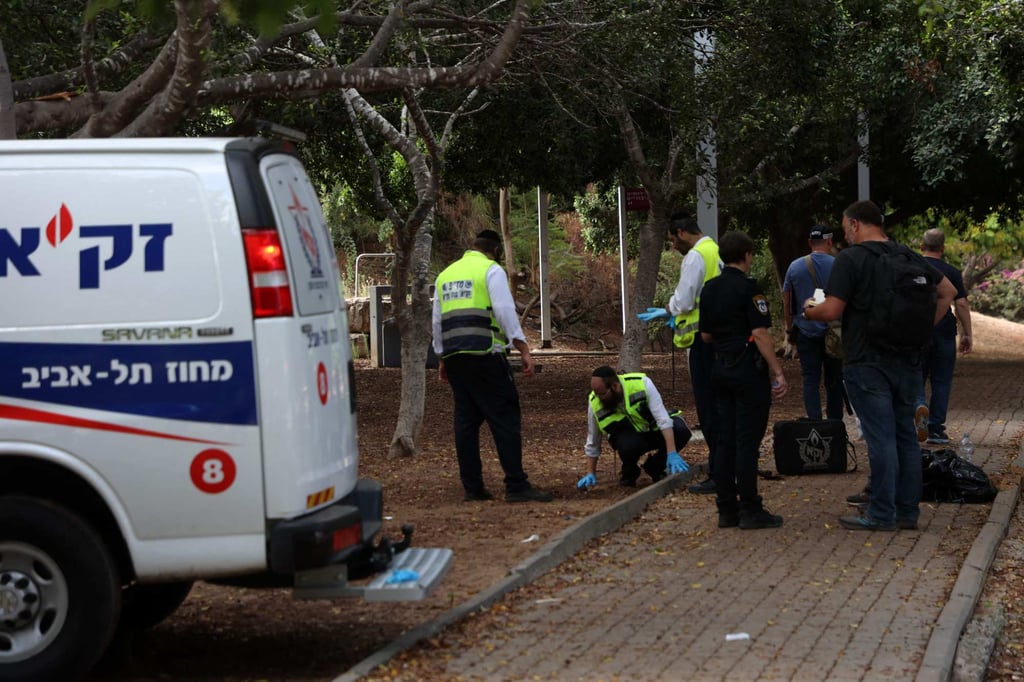
Israeli forces, meanwhile, kept bombarding Gaza, witnesses and officials in the besieged Hamas-ruled territory said, with no end in sight to the nearly 10-month war triggered by Hamas’s October 7 attack on southern Israel.
Saudi Arabia, Canada and Jordan are among the latest governments to call for their citizens to leave Lebanon.
“In a highly volatile security context”, French nationals were “urgently asked” to avoid travelling to Lebanon, and those already in the country “to make their arrangements now to leave … as soon as possible”, the foreign ministry in Paris said.
The United States has issued similar warnings.
Britain said it had withdrawn the families of embassy staff in Beirut and reiterated a call for citizens in the country to leave given the risk of escalation in the Middle East.
“We are deeply concerned with the highly volatile security situation in Lebanon,” a foreign office spokesman said, saying additional consular officials, border force and military personnel had been deployed to the region.
“We have also temporarily withdrawn the families of officials working at the British embassy Beirut … All British nationals should leave Lebanon now, while commercial routes are still available.”
France also urged its nationals living in Iran to “temporarily leave”, warning Iranian airspace and airports could close.
Several Western airlines have suspended flights to Lebanon and other airports in the region.
On Sunday Qatar Airways said the Doha-Beirut route would “operate exclusively during daylight hours” at least until Monday.
A senior Biden administration official called on Israel to redouble negotiations on a ceasefire.
“We are in a moment that appears to be of heightened threat,” said US deputy national security adviser Jon Finer in an interview with CBS’ Face the Nation, appealing to both sides to “get back to the table”.
Finer declined to speculate on Iran’s possible response, telling CNN’s State of the Union that the US and Israel are “preparing for every possibility” while seeking to avoid a wider war.
The killing on Wednesday of Hamas leader Ismail Haniyeh in Tehran, hours after the Israeli assassination of Hezbollah’s military chief in Beirut, has triggered vows of vengeance from Iran and the “axis of resistance” of Tehran-backed armed groups.
Israel, accused by Hamas, Iran and others of carrying out the attack that killed Haniyeh, has not directly commented on it.
Israel has vowed to destroy Hamas in retaliation for its unprecedented October 7 attack which resulted in the deaths of 1,197 people, mostly civilians, according to a tally by journalists based on Israeli official figures.
Militants also seized 251 hostages, 111 of whom are still held captive in Gaza, including 39 the military says are dead.
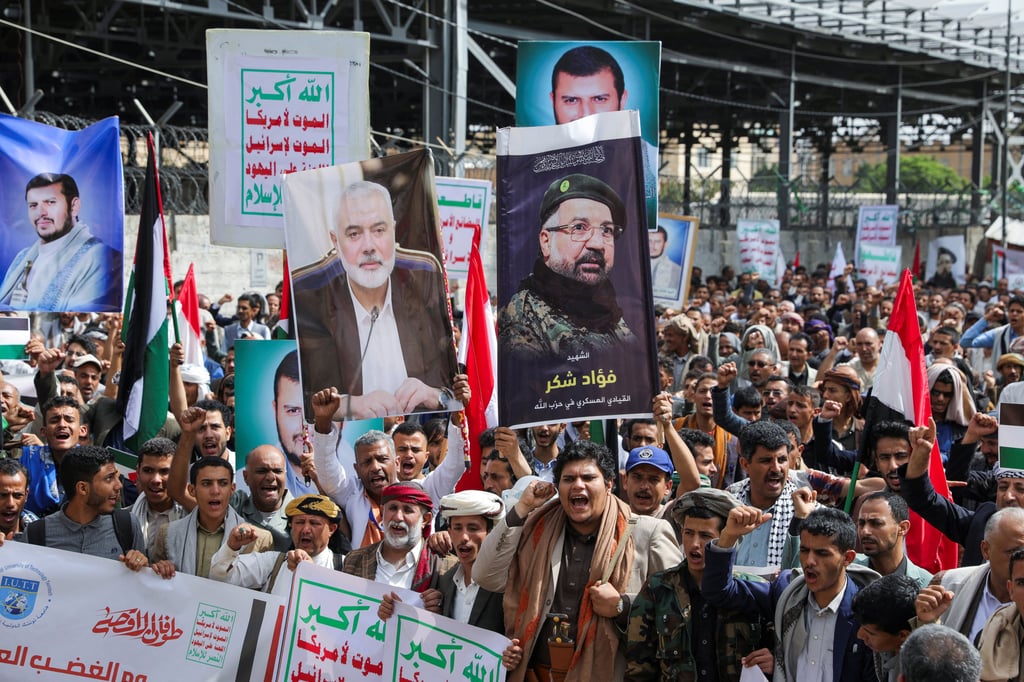
Israel’s campaign against Hamas has killed at least 39,583 people in Gaza, according to the territory’s health ministry, which does not give details of civilian and militant deaths.
Haniyeh, Hamas’ political chief, was the group’s lead negotiator in efforts to end the war.
His killing raised questions about the continued viability of efforts by Qatari, Egyptian and US mediators to broker a truce and exchange of hostages and prisoners.
On the ground in Gaza, fighting continued on Sunday, with strikes, shelling and gunfire reported in and around Gaza City and in the territory’s south.
The Israeli military said its air forces had struck “approximately 50 terror targets throughout the Gaza Strip” in the past 24 hours.
The Palestinian Red Crescent said eight bodies had been recovered from a residential building in north Gaza’s Jabilia refugee camp after an Israeli strike.
Medical staff at central Gaza’s Al-Aqsa Martyrs hospital said at least five people were killed and 16 wounded in an Israeli drone strike on tents housing displaced Palestinians at the medical complex, with a separate attack on a house nearby in the same area killing three.
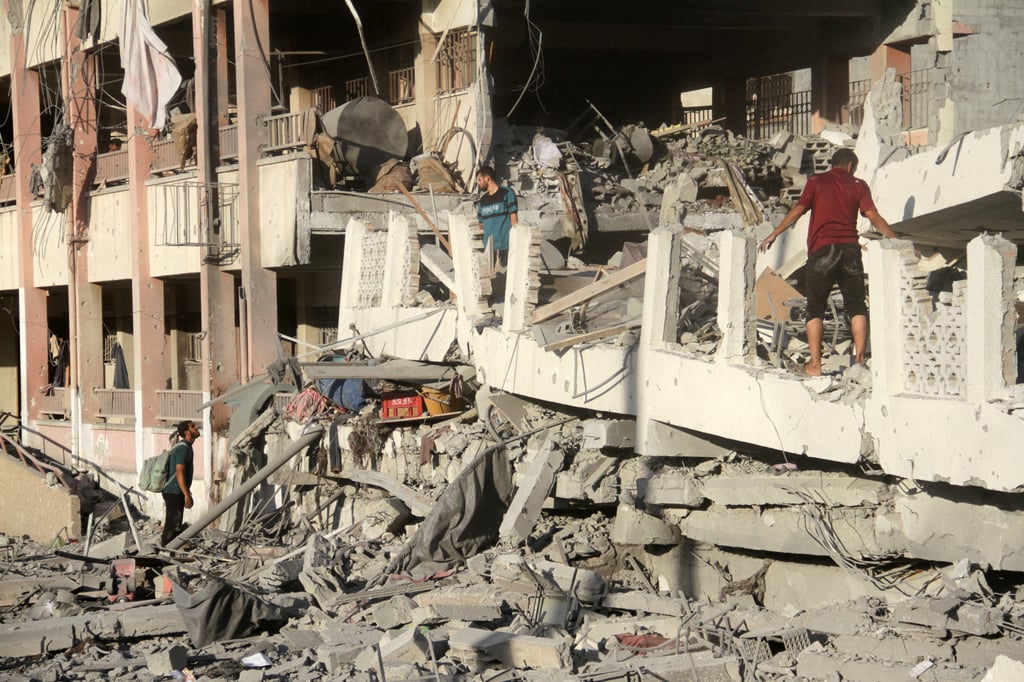
On Saturday, an Israeli strike on a school-turned-displacement shelter killed at least 17 people, the civil defence agency said. Israel said the facility was used by militants.
Analysts have told journalists that a joint but measured action from Iran and its allies was likely, while Tehran said it expects Hezbollah to hit deeper inside Israel and no longer be confined to military targets.
Israeli ally the United States said it would move warships and fighter jets to the region.
US President Joe Biden, asked by reporters if he thought Iran would stand down, said: “I hope so. I don’t know.”
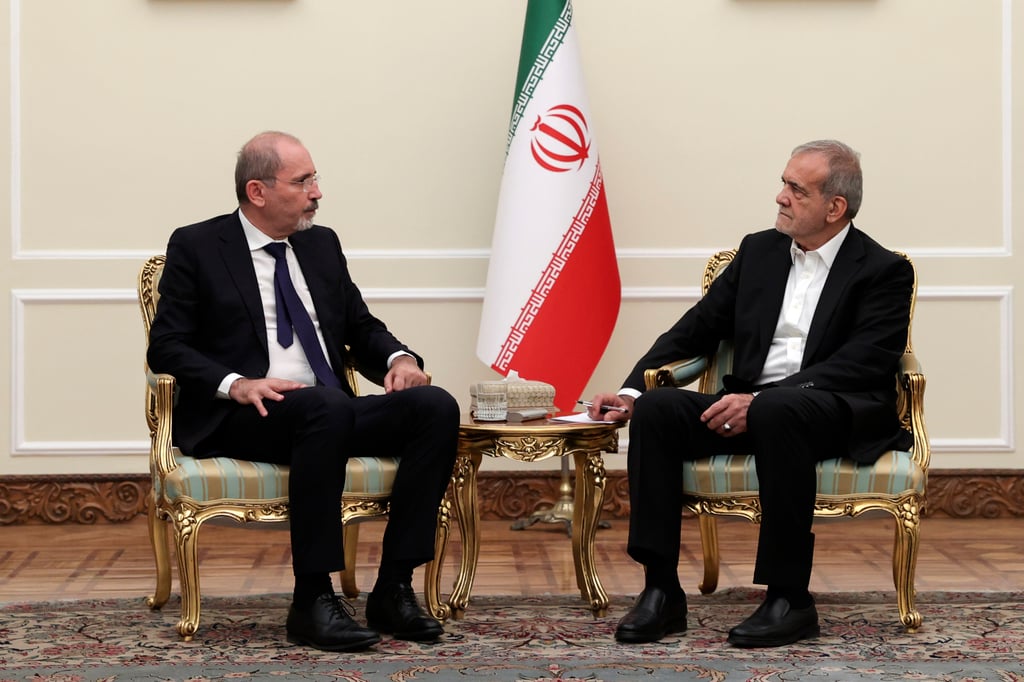
Jordan’s foreign minister Ayman Safadi met Iran’s acting foreign minister in Tehran on Sunday on a rare visit to discuss “the situation in the region”, Amman said.
Safadi is the first senior Jordanian official to pay an official visit to Iran in more than 20 years. Jordan is a close Western ally and helped intercept scores of missiles and drones fired by Iran toward Israel in April. Iran said it was retaliating for the killing of its generals in an Israeli strike in Syria.
The Israeli military was “determined to continue fighting until we fundamentally change the security situation in the north”, said Israel’s Home Front Command chief Rafi Gilo on Sunday.
“We … are prepared for any scenario and any response”, Gilo said according to an army statement.
Additional reporting by Reuters, TNS, Associated Press


